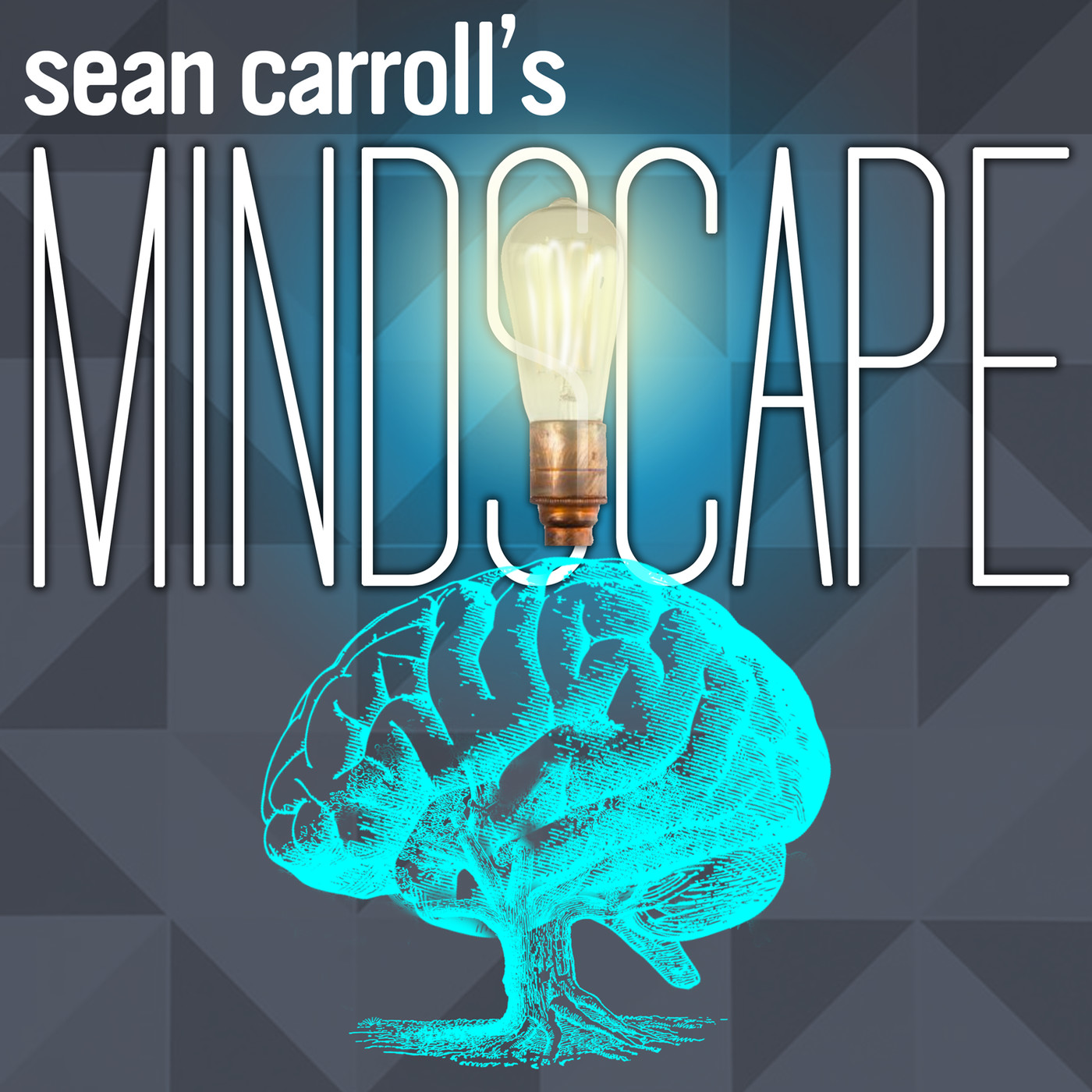12 | Wynton Marsalis on Jazz, Time, and America
Podcast: Sean Carroll's Mindscape: Science, Society, Philosophy, Culture, Arts, and IdeasPublished On: Tue Sep 04 2018
Description: Jazz occupies a special place in the American cultural landscape. It's played in elegant concert halls and run-down bars, and can feature esoteric harmonic experimentation or good old-fashioned foot-stomping swing. Nobody embodies the scope of modern jazz better than Wynton Marsalis. As a trumpet player, bandleader, composer, educator, and ambassador for the music, he has worked tirelessly to keep jazz vibrant and alive. In this bouncy conversation, we talk about various kinds of music, how they might relate to physics, and some of the greater challenges facing the United States today. (This and the next few podcasts were recorded on the road with headset microphones, and the sound quality isn't quite as good, sorry about that.) Hailing from an accomplished New Orleans family, Wynton Marsalis was marked as a prodigy from a young age. He played locally before moving to New York and attend Julliard, and played and recorded with artists such as Art Blakey and Herbie Hancock. He has recorded numerous albums as a leader of small ensembles, big bands, and as a soloist with symphony orchestras. He is a multiple-time Grammy winner and the first to win in both jazz and classical categories in the same year, and in 1997 his oratorio Blood on the Fields was the first non-classical work to win the Pulitzer Prize for music. Marsalis founded and continues to lead Jazz at Lincoln Center, which is in residence at Lincoln Center along with such organizations as the New York Philharmonic, the Metropolitan Opera, and the New York City Ballet. He has won the National Medal of the Arts and the National Humanities Medal, along with numerous other awards and honorary degrees. See Privacy Policy at https://art19.com/privacy and California Privacy Notice at https://art19.com/privacy#do-not-sell-my-info.
The note was deleted
The note was saved
Your message was sent
